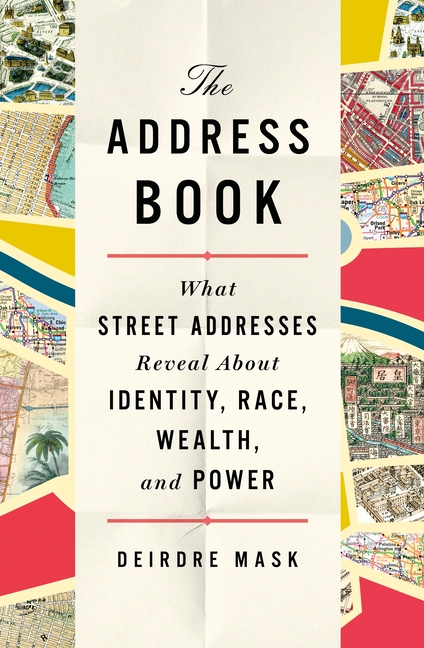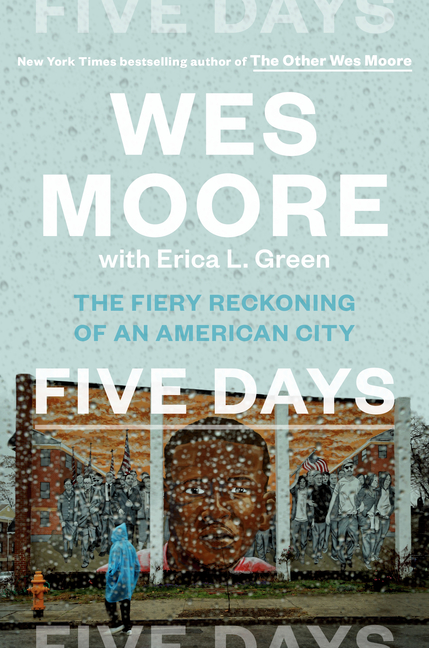The 2020 Porchlight Narrative & Biography Book of the Year
January 12, 2021
We will be announcing the overall winner of the 2020 Porchlight Business Book Awards on January 14. Until then, we are taking a look back at the books in contention for the award. Today, we have the books in the Narrative & Biography category.
The books in the Narrative & Biography category were the hardest to narrow down and select this year. In a year of both tumult and loneliness, sitting intimately immersed in the stories of other human beings through books was often a deep comfort. But books are not meant to provide solace and comfort alone, but also to challenge us, to get us out of our comfort zone and see the world through others’ eyes, to confront the status quo and the perils of returning to “normal”—if this is what normal looks like. The best narratives and biographies of 2020 did just that, showing us there is much work to be done, and why we can’t go back to business as usual. The runners up in the Narrative & Biography category are:
- Five Days: The Fiery Reckoning of an American City by Wes Moore with Erica L. Green, One World
- Girl Decoded: A Scientist's Quest to Reclaim Our Humanity by Bringing Emotional Intelligence to Technology by Rana el Kaliouby with Carol Colman, Currency
- Once a Warrior: How One Veteran Found a New Mission Closer to Home by Jake Wood, Sentinel
- The Undocumented Americans by Karla Cornejo Villavicencio, One World
And the 2020 Porchlight Narrative & Biography Book of the Year is The Address Book: What Street Addresses Reveal About Identity, Race, Wealth, and Power by Deirdre Mask, St. Martin’s Press
 What’s in a name? If we are talking street names, it turns out to be quite a lot. As Deirde Mask notes in the opening sentence of The Address Book: “In some years, more than 40 percent of all local laws passed by the New York City Council have been street name changes.” And the debate can be fierce. In communities across the country and across the world (and Mask’s is a truly globetrotting book) the names we give our streets are pulled from a place’s history and help define its present, reflecting how we define ourselves and the way we divide ourselves as communities and a society. As Mask writes:
What’s in a name? If we are talking street names, it turns out to be quite a lot. As Deirde Mask notes in the opening sentence of The Address Book: “In some years, more than 40 percent of all local laws passed by the New York City Council have been street name changes.” And the debate can be fierce. In communities across the country and across the world (and Mask’s is a truly globetrotting book) the names we give our streets are pulled from a place’s history and help define its present, reflecting how we define ourselves and the way we divide ourselves as communities and a society. As Mask writes:
But most of all they are about power—the power to name, the power to shape history, the power to decide who counts, who doesn't, and why.
Even when they are simply numbered, the streets we live on can say a lot about us, our identity, and history, how we make a living. They can give us a sense of pride in, and the feeling of being put in, one’s place. And not having an address at all means that, in many ways, you cease to officially exist, to count and be counted, in the eyes of your government.
I wasn’t expecting to be as drawn as quickly and deeply into Mask’s book as I was, but it sunk its hooks in right away and never let go. Even though it was written before the events of this year, it seemed to be prescient of them. We learn about how documenting where people lived for tax purposes helped uncover the source of Cholera in 1854 London, and how a lack of that information in Haiti made it more difficult to do after the 2010 earthquake there, which feels especially topical in an era of COVID-19 and contact tracing. And as the nation debated the removal of monuments from our communities and changing the names of university buildings and military bases, Mask helped me understand that—from Edward P. Brennan’s successful effort to make sense of Chicago’s streetscape in the early 1900s to the ongoing efforts to do the same in places as distinct and different as West Virginia and Kolkata—how we name and navigate a place can be as monumental in its significance, and can reveal just as much about us.







